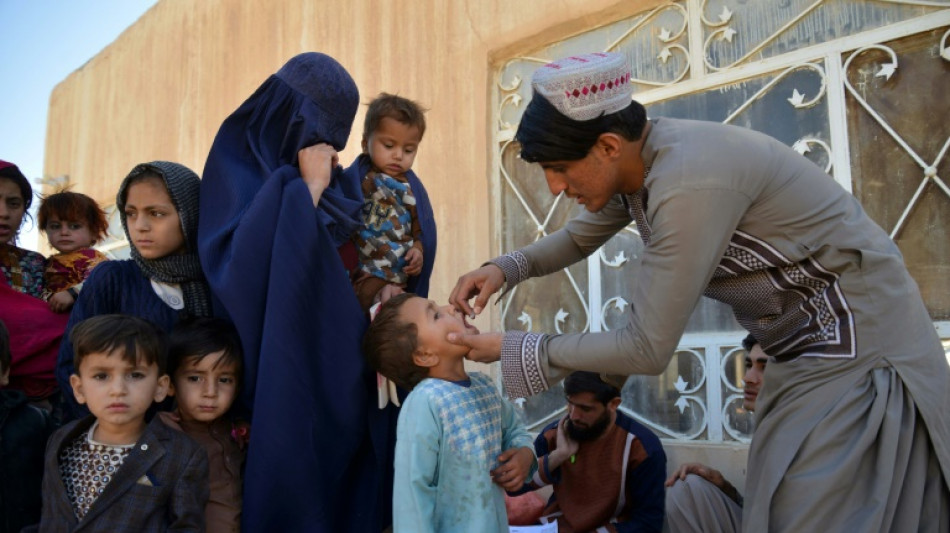
SCS
0.0200


More than 10 percent of the Afghan population could be deprived of healthcare by the end of the year due to the termination of US aid, the World Health Organization warned Tuesday.
Afghanistan, with a population of 45 million that has long been dependent on aid, faces the world's second-largest humanitarian crisis.
Since US funding cuts earlier this year, about three million people have lost access to health services because of the closure of more than 364 medical centres, with a further 220 centres at risk of closing by the third quarter of 2025, the UN's health agency said.
That would mean more than half of the 1,068 centres across the country would be closed, Edwin Ceniza Salvador, the WHO representative in Afghanistan, told AFP in an interview.
"That's maybe another two or three million people who have no access to healthcare services," Salvador said in Kabul.
"When the funding stopped, of course the existing donors tried to step up. But you're talking about a significant gap to US funding," he added.
Afghanistan's dilapidated healthcare system has been weakened by decades of war and records some of the world's highest infant and maternal mortality rates.
The global aid situation has grown dire since President Donald Trump ordered the dismantling of the US Agency for International Development early this year, and to begin Washington's withdrawal from the WHO.
His administration scrapped 83 percent of humanitarian programmes funded by USAID. The agency had an annual budget of $42.8 billion, representing 42 percent of total global humanitarian aid.
"The system is already very fragile, and whatever system is remaining, is really coping the best that they can," Salvador said.
"It's only getting worse, and if we're not able to collectively address the gap, I fear that it will only get worse moving forward."
The risk of disease outbreaks such as dengue, malaria and tuberculosis will increase, while immunisations will fall, Salvador added.
The WHO is also trying to vaccinate enough children to eradicate polio, which is now endemic in only two countries: Afghanistan and neighbouring Pakistan.
The United Nations Assistance Mission in Afghanistan (UNAMA) this month urged international donors to continue supporting the 22.9 million Afghans in need of aid this year.
Eighty-five percent of Afghans live on less than a dollar a day, according to the UN's development agency (UNDP).
"I know there are a lot of priorities, different priorities in the world," Salvador said.
"My request is let us also not forget about the needs of Afghanistan and the people of Afghanistan."
I.Ko--ThChM